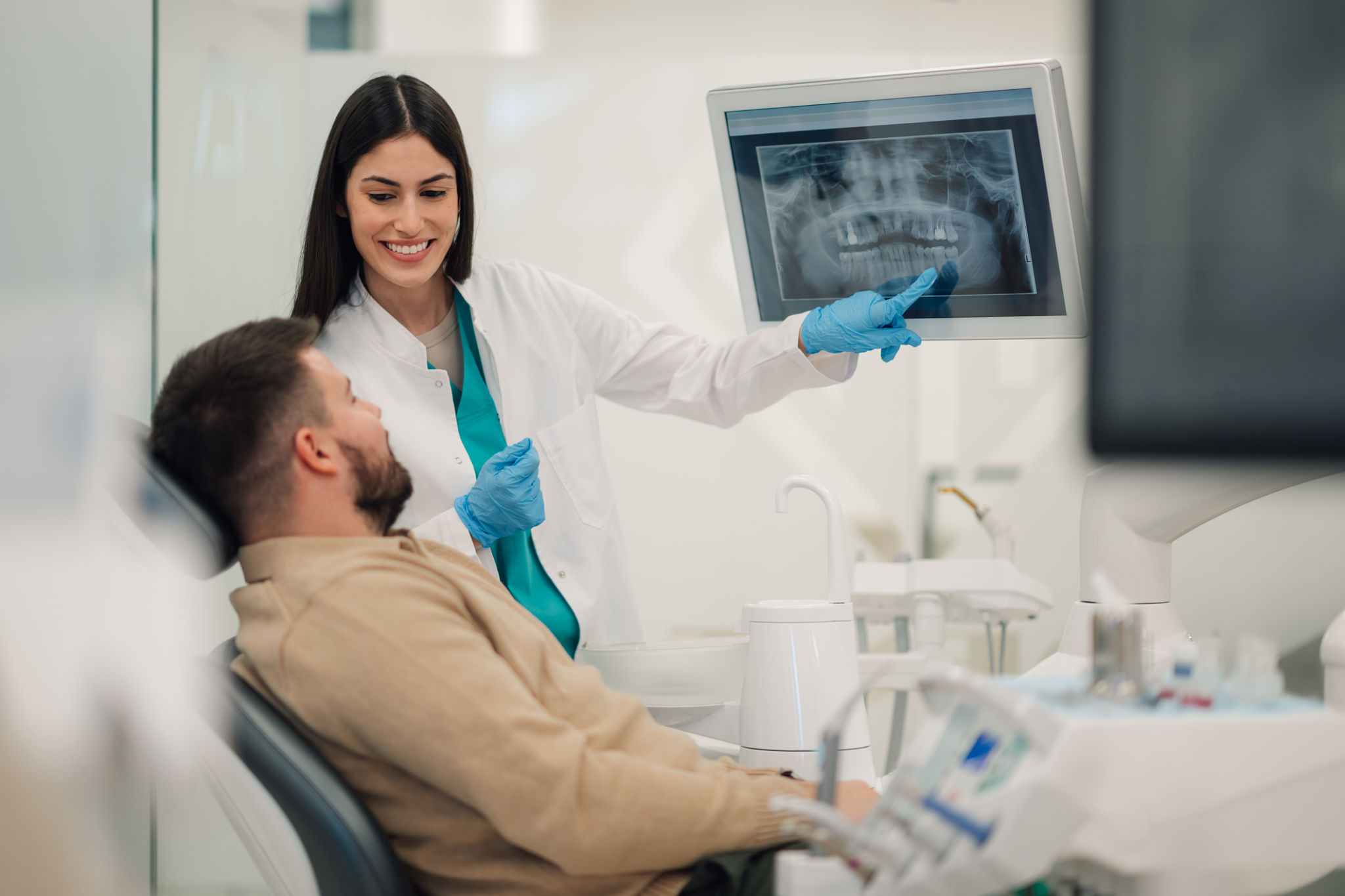5 Common Misconceptions About Teeth Whitening Debunked
Introduction
Teeth whitening is a popular cosmetic dental procedure that many people consider to enhance their smiles. However, with its popularity comes a slew of misconceptions. In this blog post, we'll debunk five common myths about teeth whitening, helping you make informed decisions about your dental care.
Myth 1: Teeth Whitening Damages Enamel
A prevalent belief is that teeth whitening can damage your tooth enamel. In reality, when done correctly, professional teeth whitening is safe and does not harm the enamel. The bleaching agents used are formulated to improve the color of your teeth without altering their structure. It is essential, however, to follow the advice of dental professionals to ensure safety.
Myth 2: Over-the-Counter Products Are as Effective as Professional Whitening
While over-the-counter whitening products can be convenient, they often lack the potency of professional treatments. Dentists have access to stronger bleaching agents and can ensure the procedure is tailored to your specific needs. Professional whitening also offers quicker and more noticeable results compared to store-bought kits.

Myth 3: Whitening Results Are Permanent
Many people believe that once they whiten their teeth, the results will last forever. However, teeth whitening effects are not permanent. Factors such as diet, lifestyle habits, and oral hygiene can influence how long your teeth remain bright. Regular touch-ups and consistent care are necessary to maintain your pearly whites.
Myth 4: All Teeth Respond the Same to Whitening
It's a common misconception that all teeth will respond equally to whitening treatments. In truth, the effectiveness of teeth whitening can vary based on several factors, including the natural color of your teeth and the type of discoloration present. For instance, yellowish stains tend to respond better to bleaching than grayish tones.

Myth 5: Whitening Toothpaste Can Replace Professional Treatments
Whitening toothpaste can help maintain the brightness of your teeth, but it is not a substitute for professional whitening procedures. These toothpastes primarily work by removing surface stains and do not alter the intrinsic color of your teeth. For significant whitening, professional treatments are recommended.
Conclusion
Understanding the realities of teeth whitening can help you achieve and maintain a dazzling smile effectively and safely. Always consult with a dental professional before beginning any whitening regimen to ensure the best results for your individual needs. By debunking these myths, you can approach teeth whitening with confidence and clarity.

